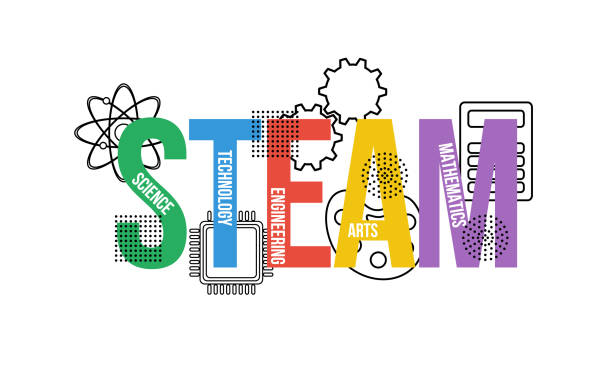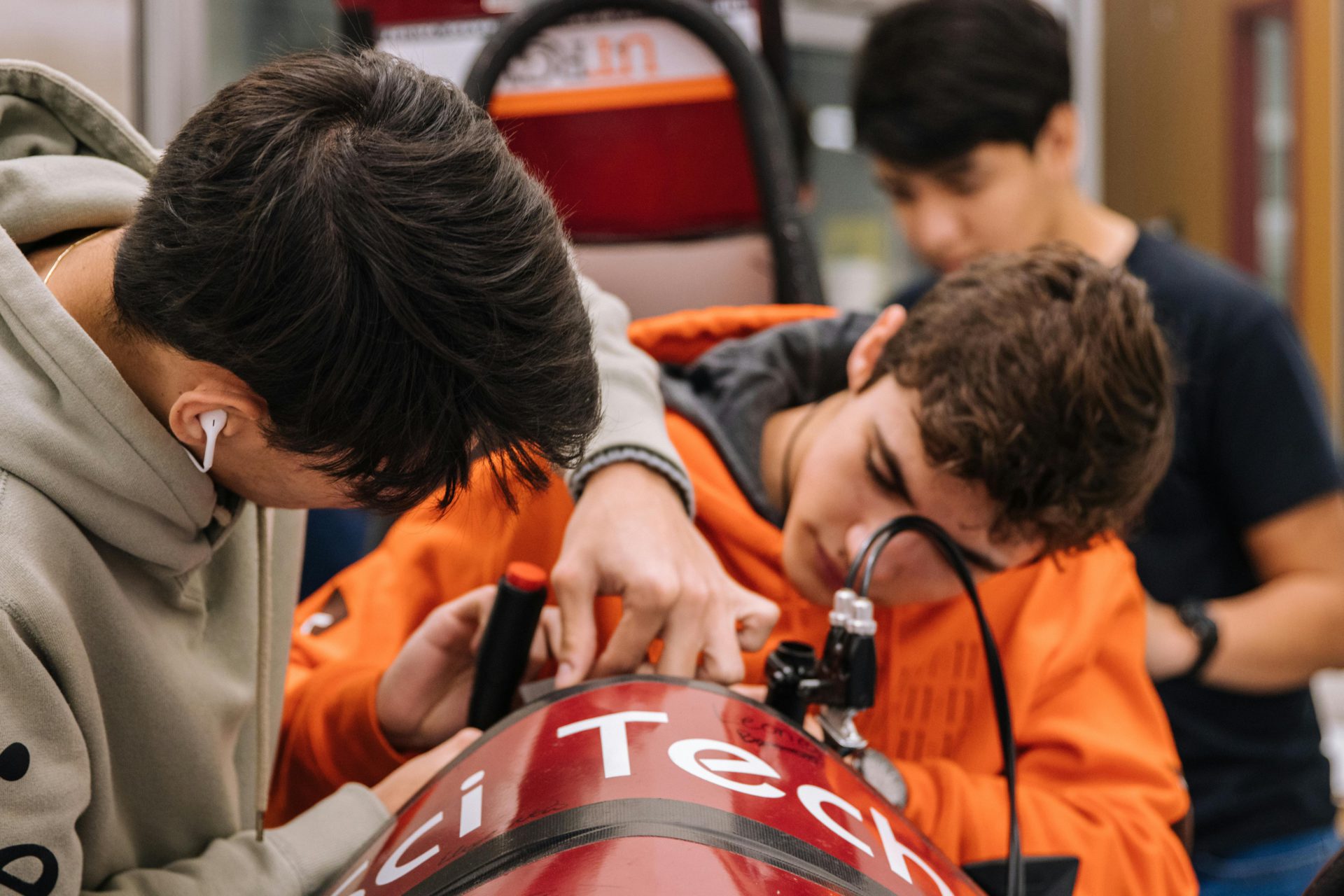
More Than Numbers: The Hidden Benefits of Math for Teens
Posted byWe’ve always considered math an academic subject, and most teenagers have a love-hate relationship with it. For some, it is a fascinating activity, implying the pleasure derived from solving problems. For others, it is a set of elusive ideas filled with frustration and misunderstanding.
However, math is more than equations and calculations, as some people believe. It is an important and effective teaching and learning tool that enables adolescents to acquire useful competencies applicable in everyday life and future careers.
Problem-Solving Skills

Math helps teens develop problem-solving skills. Doing mathematics at the micro level includes:
- Identifying a task
- Dissecting it
- Deconstructing it
- Understanding each component
- Determining how to solve the task
- Putting the solution into practice
This process resembles real-world circumstances where people must solve issues systematically. Throughout our lives, we must often calculate how to allocate our time, develop a spending plan, or devise a solution at work. The problem-solving strategies we learn in mathematics help us navigate these challenges.
For instance, algebra introduces students to working with symbols and finding values of unknowns, similar to problem-solving conundrums they’ll face in engineering or programming. Geometry teaches spatial relations, a skill used in the construction, graphic design, and medical industries—and even in simple activities like arranging furniture in a house.
Mathematical reasoning empowers teens to solve many real-life problems methodically now—and in future endeavors. Stronger math skills lead to higher salaries.
Critical Thinking
You don’t simply memorize math for a test; math comprises learning concepts and how to apply them to solve different problems. Teenagers who apply mathematical knowledge daily develop and sharpen their critical thinking and decision-making skills.
All careers—and many tasks—require critical thinking. For example, when it’s time to choose a college, pick a career, or balance work and school, teens can apply their reasoning skills to consider all the options and choose the best one.
People use critical thinking daily to:
- Analyze the news
- Understsand statistics
- Assess a source’s reliability
In a world where you can access information (and misinformation) with a click, math hones our abilities to make sound judgments.
Boosting Confidence
Solving a challenging puzzle or grasping a new idea gives anyone a boost. So, perhaps one of math’s most underrated benefits is that it fosters confidence and positive thinking. And that’s where individualized learning comes in.
Customizable options like “Math program” can significantly increase the effectiveness of studying and result in the development of new approaches to education.
After all, not every teen learns the same way—or has the same needs. Some students may require more time to master certain concepts or ideas, while others thrive when challenged with more complex materials. A personalized approach makes math more inviting and interesting—not threatening or an exercise in frustration.
Fostering Creativity
Too many people see mathematics as a very rigorous subject with little room for creative thinking. And yet it does promote creativity. We don’t always solve math problems linearly. Many problems require multiple steps, and all of these steps involve a degree of creativity. Teens who can find various solutions to the same problem and view situations from different perspectives gain a distinct advantage in many areas.
This skill benefits those in professions requiring creativity, like programming, science, and technical disciplines. Teens who can apply math concepts creatively may uncover new approaches to problem-solving, explore boundaries, and develop innovative and find new solutions. Multiple studies show that students trained in mathematical reasoning demonstrated better problem-solving skills in non-mathematical tasks.
Strengthening Financial Literacy

Math is inextricably linked to money or finances. Some teens have a good math background with a basic understanding of numbers and calculations—helpful for future money management. Whether they’re creating budgets or calculating interest rates or future savings strategies, financially responsible behavior involves using math.
Today's youth must learn how to manage finances and budget before they face student loans, credit cards, or savings. Mastering math empowers young people to make sound financial decisions, meet financial obligations, and achieve financial security.
Math is so much more than abstract symbols on a piece of paper. It helps us develop thinking skills and persevere while learning how to problem-solve. It fosters the competencies needed to thrive in a global economy and introduces students interested in STEM careers to potential challenges they may face in the working world.
Blog Categories
- Career Advice
- College Admissions
- Colleges & Universities
- Financial Aid and Scholarships
- For Counselors
- For Parents
- For Students
- Gap Years
- Mental Health and Wellness
- Online Learning
- Performing and Visual Arts
- STEM Majors and More
- Summer Programs
- Teen Volunteering
- Trade & Vocational Schools
- Tutoring & Test Prep

Organization with listings on TeenLife? Login here
Register for Free
We’re here to help you find teen-centered academic and enrichment opportunities that you never knew existed. By creating an account, you will be able to save your favorites, request information via pre-populated contact forms, and submit reviews. We will also be able to tailor our communications to your stated interests and preferences.
Forgot Password
"*" indicates required fields







